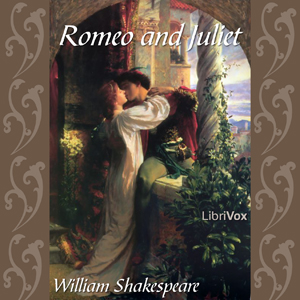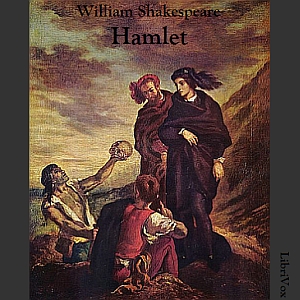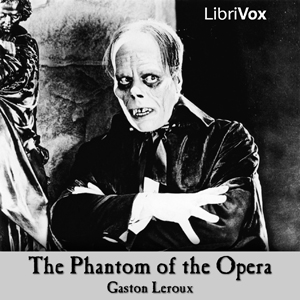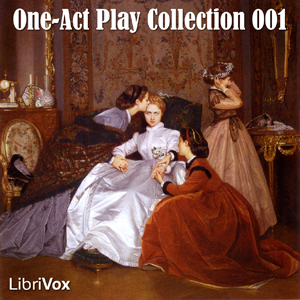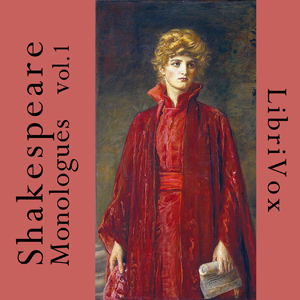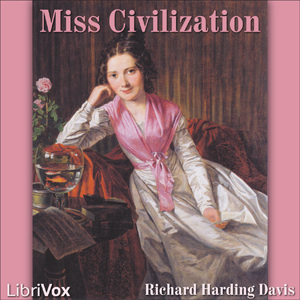- Merchant of Venice - Quality of Mercy (Act IV, Scene I)
- Merchant of Venice - So May The Outward Shows (Act III, Scene II)
- Midsummer Night's Dream - Forgeries of Jealousy (Act II, Scene I)
- King John - A Wicked Day (Act III, Scene I)
- A Midsummer Night's Dream - When My Cue Comes (Act IV, Scene I)
- All's Well That Ends Well - That Corporal Sound (Act I, Scene II)
- Merchant of Venice - To Bait Fish Withal (Act III, Scene I)
- Richard II - Bishop of Ely's Objection (Act IV, Scene I)
- King Lear - Reason Not The Need (Act II, Scene IV)
- Othello - That I Make My Fool My Purse (Act I, Scene III)
- Hamlet - I Have Been So Affrighttened (Act II, Scene I)
- Titus Andronicus - Wherefore Lookst Thou Sad (Act II, Scene III)
- Anthony and Cleopatra - O Caesar what a wounding shame(Act V, Scene II)
- Macbeth - She should have died hereafterAct V,Scene V)
- A Midsummer Night's Dream - If we shadows have offended (Act IV,Scene II)
- Macbeth - The Raven Himself is Hoarse(Act I, Scene V)
- Twelfth Night - My Masters are you Mad(Act III,Scene II)
- Winter's Tale - Sir spare your threats(Act III,Scene II)
- Winter's Tale - Your Actions Are My Dreams (Act III,Scene II)
- Tempest - Ye Elves of Hills (Act V,Scene I)
LibriVox readers present the ninth collection of monologues from Shakespeare’s plays. Containing 20 parts.
William Shakespeare (April 26, 1564 – April 23, 1616) remains widely to be considered the single greatest playwright of all time. He wrote in such a variety of genres - tragedy, comedy, romance, &c - that there is always at least one monologue in each of his plays. Some of these teach a lesson, some simply characterize Shakespeare at his best, some are funny, some sad, but all are very moving. Each monologue will touch everybody differently. Some people will be so moved by a particular monologue that they will want to record it. (summary by Shurtagal)
William Shakespeare (April 26, 1564 – April 23, 1616) remains widely to be considered the single greatest playwright of all time. He wrote in such a variety of genres - tragedy, comedy, romance, &c - that there is always at least one monologue in each of his plays. Some of these teach a lesson, some simply characterize Shakespeare at his best, some are funny, some sad, but all are very moving. Each monologue will touch everybody differently. Some people will be so moved by a particular monologue that they will want to record it. (summary by Shurtagal)
There are no reviews for this eBook.
There are no comments for this eBook.
You must log in to post a comment.
Log in


